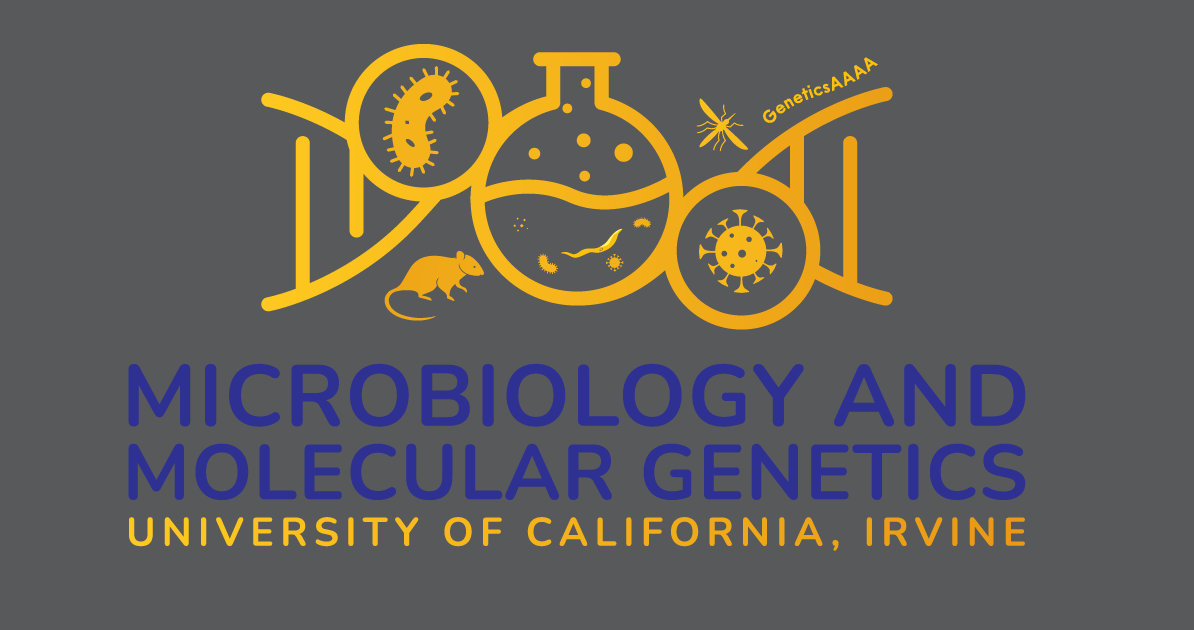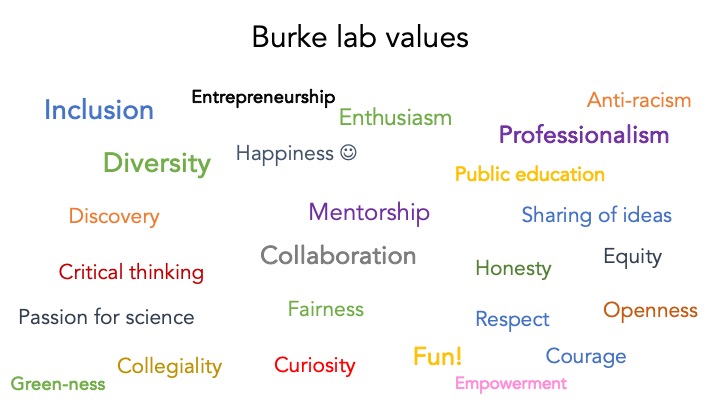Bacteria constantly surround us and impact our everyday lives – in both good ways and bad. Some species cause human infectious disease, others live in microbiomes on your body and help promote health, and some can be repurposed to fight diseases like cancer.
We are investigating molecular mechanisms by which bacteria interact with innate immunity. Understanding key aspects of the bacteria-host interaction will enable us to fight bacterial disease through therapeutics and vaccines, alter our microbiomes, and genetically engineer bacteria to fight diseases like cancer.
Major topics of ongoing research in the lab include:
- Rickettsia pathogenesis: Spotted fever group Rickettsia are tick-borne pathogens that cause serious disease worldwide. We are investigating the molecular mechanisms by which they cause disease, including their virulence factors and how as obligate cytosolic pathogens they pillage metabolites from host cells. We are leveraging this knowledge to develop improved vaccine and therapeutic approaches.
- Innate immune responses to infection: Rickettsia and other arthropod-borne pathogens cause more serious disease in humans than in mice, which can serve as reservoirs in nature. We are investigating the differences between human and mouse innate immunity, and leveraging this knowledge to develop improved animal models that better mimic human disease.
- Novel cancer therapies: Microbiology is intricately linked with cancer. We have discovered novel strategies to potently activate innate immunity in tumors with bacteria. We are now leveraging this foundational knowledge to develop small molecule cancer drugs that robustly stimulate innate immunity for cancer immunotherapy. These studies use mouse models, pharmacology, and chemical synthesis to advance novel small molecule drugs down the preclinical pipeline.
- Tumor microbiomes: Bacteria can be used therapeutically to target tumors and deliver drug payloads. Moreover, tumors are naturally colonized by bacteria. We’re investigating how to leverage microbes for improved tumor targeting and how tumor microbiomes impact the response to cancer therapies.
- See more in the Research and Publications sections of our webpage.
Joining the lab
Interested postdocs, UCI undergraduate students, and summer internship students (SURF, MARC, etc), please contact Dr. Burke about available research opportunities.
Graduate students can only join the lab after acceptance to the UCI CMB graduate program. After joining CMB, please email Dr. Burke to learn about rotating.
The Lab
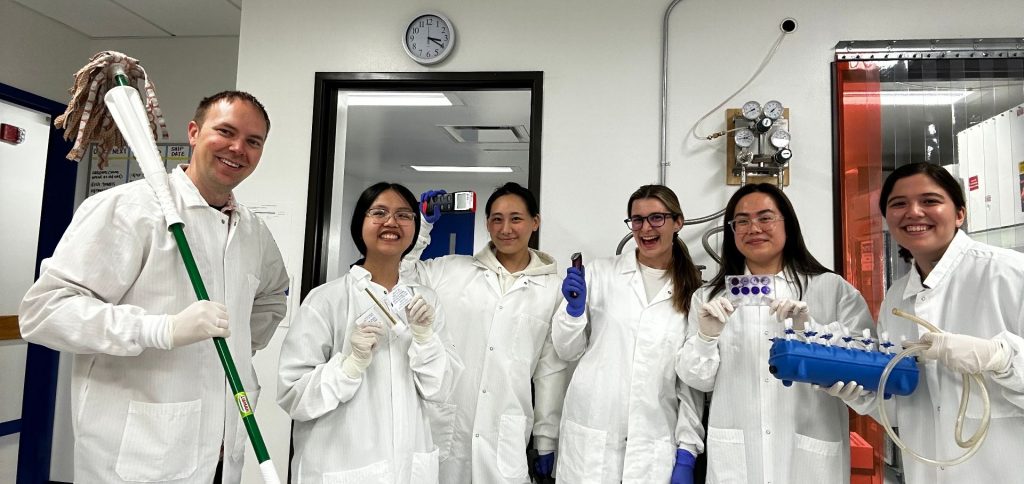
(June 2023)
Welcome to Orange County, California!
About UC Irvine: The city of Irvine is situated in Orange County, 40 minutes south of Los Angeles and an hour North of San Diego. The UC Irvine campus is just a 10 minute drive to the coast, where you can find Laguna beach, Newport beach and Crystal Cove State Park. The OC is a fantastic area for biking, hiking, surfing, sailing, and for year-round outdoor running or exercising. The OC has an amazing food scene and Irvine is very family-friendly. Read more about UC Irvine here!
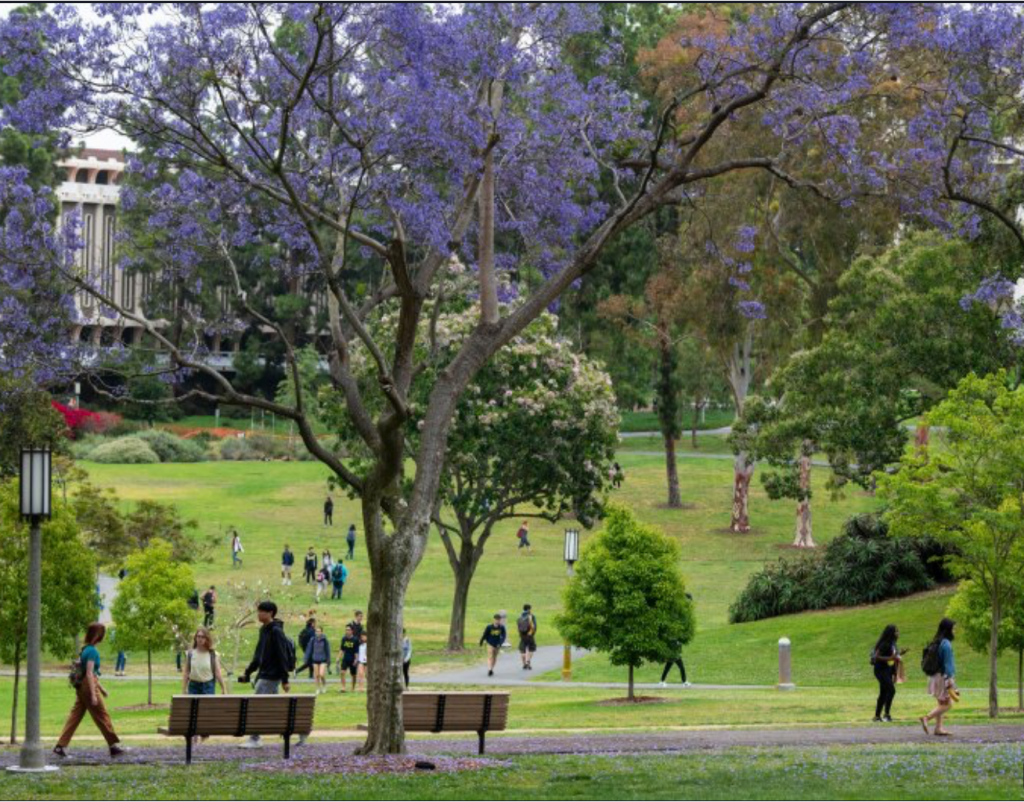
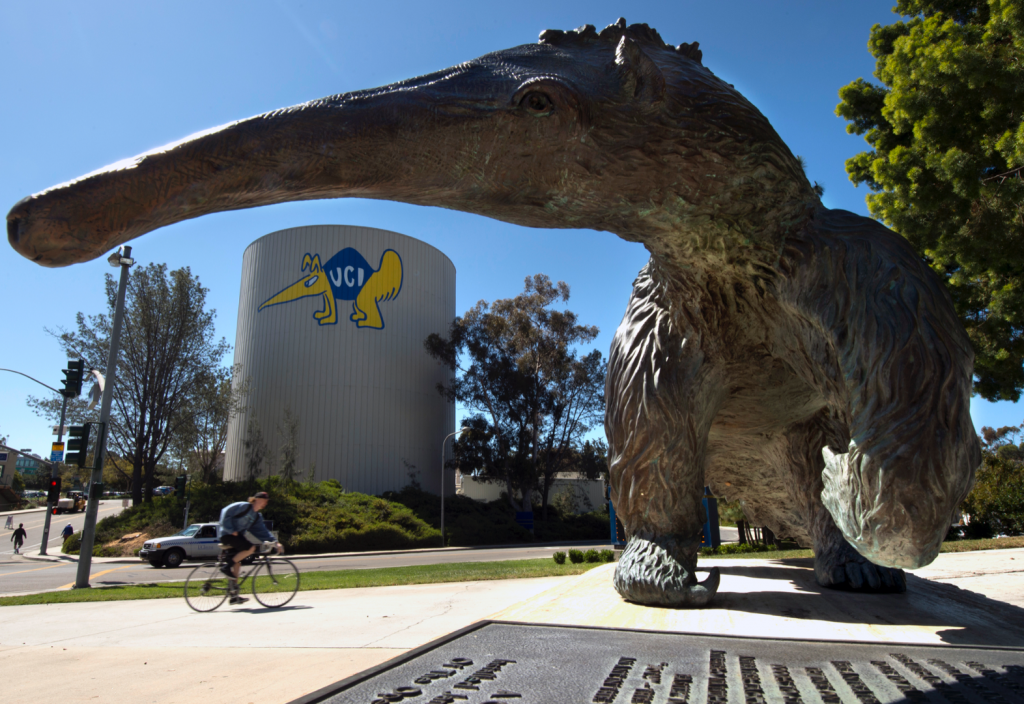
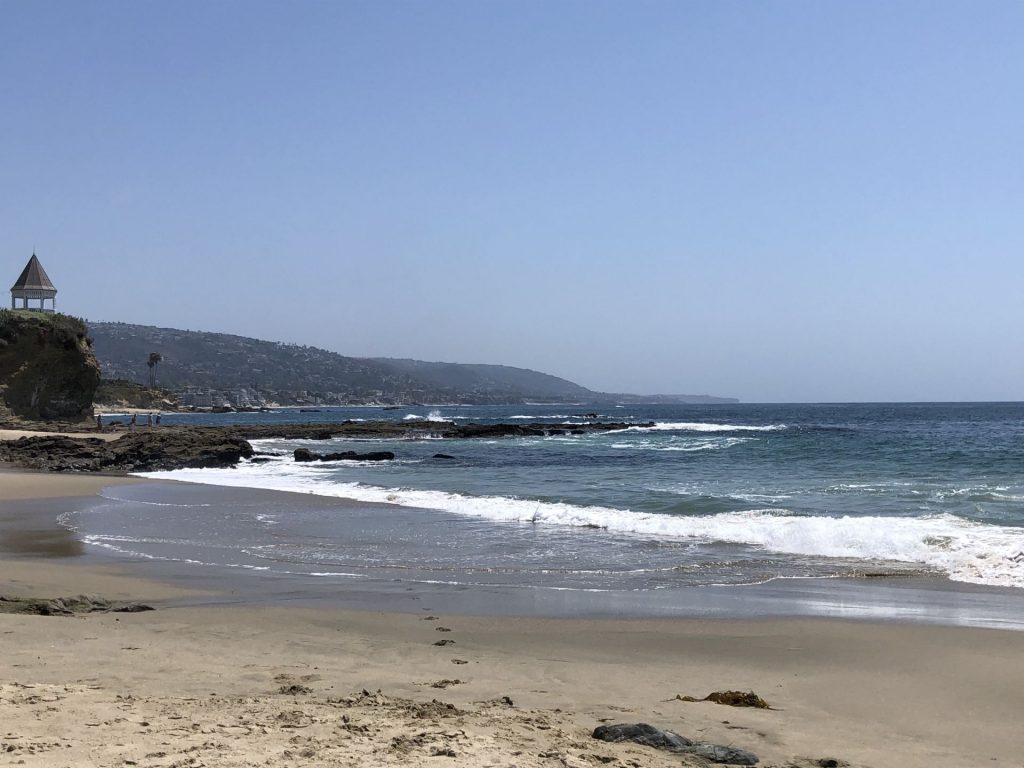
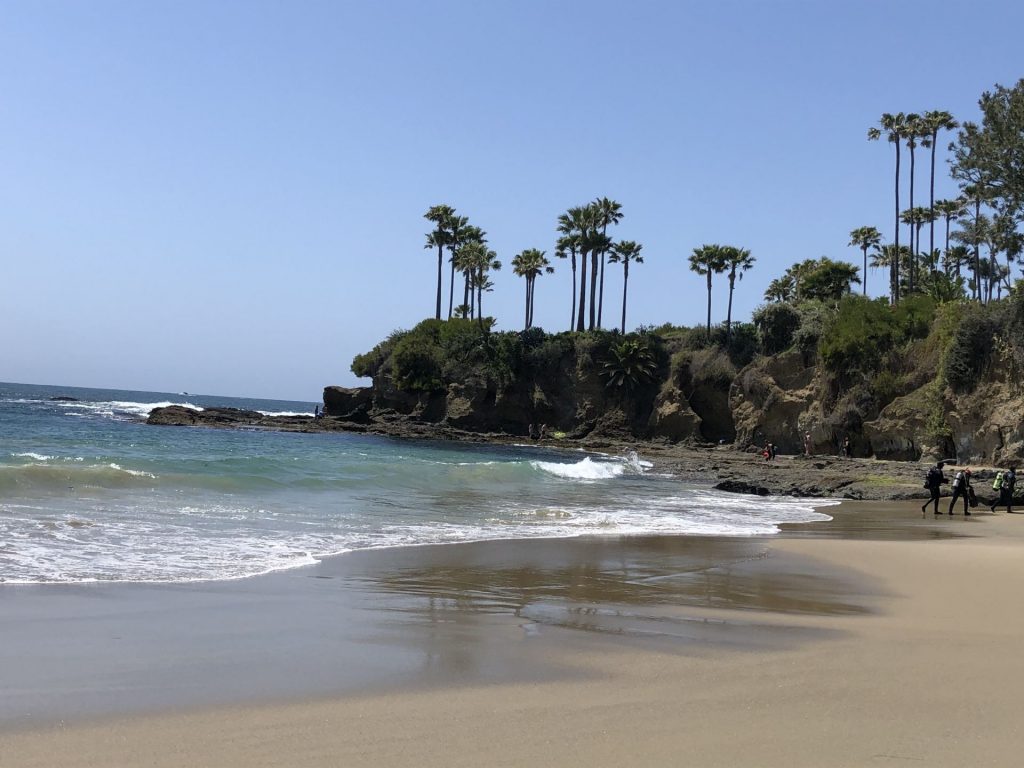

Department
We are part of the Microbiology and Molecular Genetics Department in the School of Medicine. Learn more about the exciting research, seminars, and events on our departmental website: https://sites.uci.edu/microbiology/.
